Research Data Management Organiser e.V.
The association Research Data Management Organiser e.V. was founded on 21.11.2024 in Berlin and is dedicated to the further development of the software RDMO. The association supports the RDMO working groups, is a contact partner for developers and users, organizes the release management and does outreach. This is done together with the entire RDMO community.
Institutions with legal capacity can become members of the association.
RDMO’s way from a DFG project to a community with established structures is retraced in the presentation 10 Jahre RDMO - Der Research Data Management Organiser als Software und Community (in German).
Articles of Association
The founding articles of association were adopted at the founding meeting on 23th November 2024. The current version was passed by the full assembly on the 13th of November 2025.
Become a Member
Institutions with legal capacity can become members of the association. To do so, please send the completed membership application form to the RDMO office:
RDMO. Research Data Management Organiser e.V.c/o Universitäts- und Landesbibliothek Darmstadt
Magdalenenstraße 8
64289 Darmstadt
rdmo-contact@listserv.dfn.de
The membership fee levels follow the association’s membership fee regulations. Prospective members classify themselves when joining.
Documents:
- Membership Application Form (in German only)
- Membership Fee Regulations (in German only)
Board of RDMO e.V.
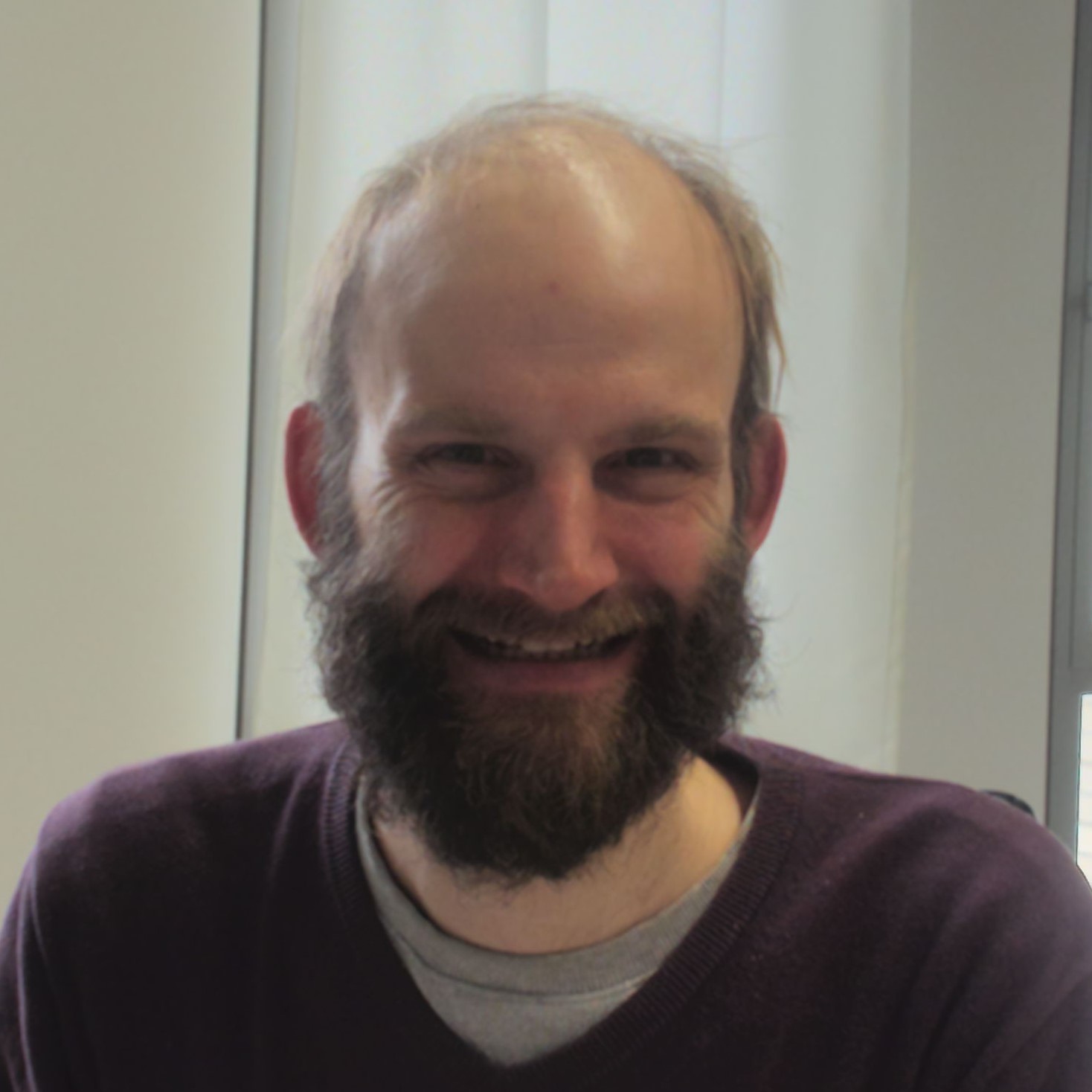

(Chairperson) leads the IT, research & development department at the Library of TU Darmstadt. He is interested, among otherthings, in Research Data Management for engineering sciences.
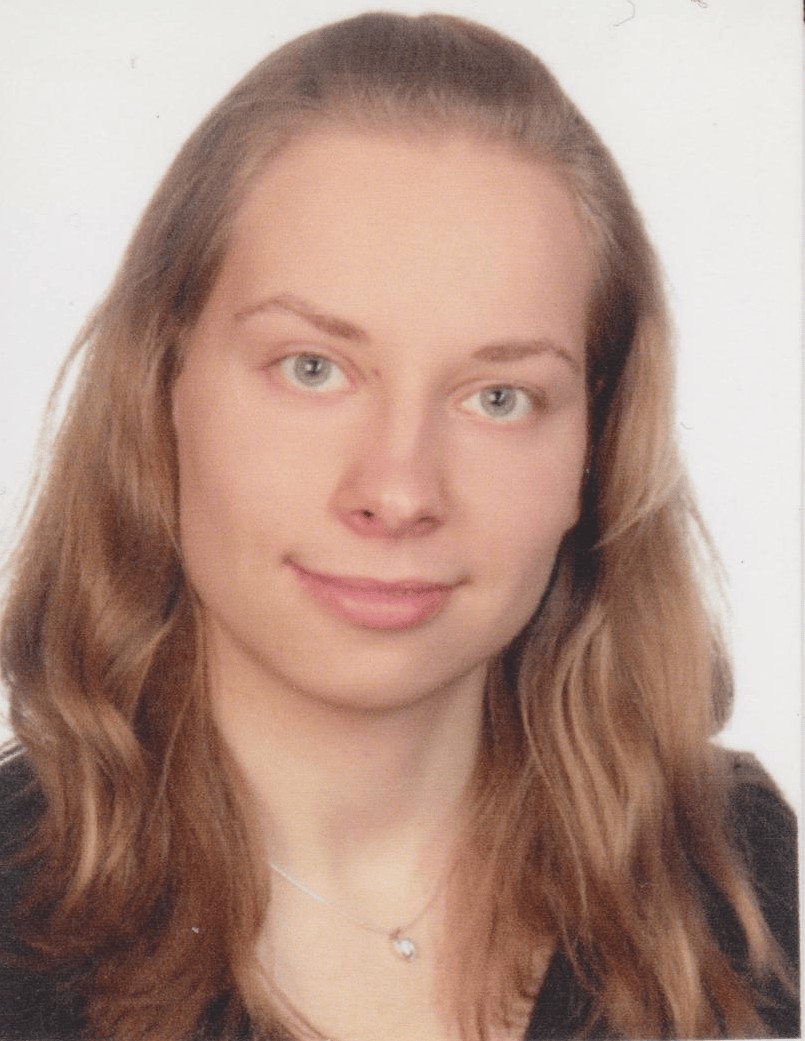

(Deputy Chairperson) is the coordinator of research data management and subject specialist at the Potsdam University Library. From 2017 to 2021 she worked on various research data management projects at the Fachhochschule Potsdam (FHP), e.g. in the second RDMO project.
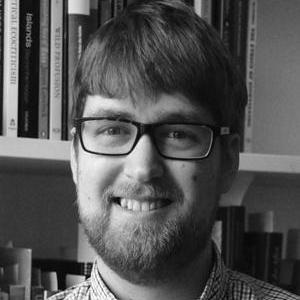

(Deputy Chairperson) participates in RDM information services at University Library of Ludwig-Maximilians-Universität in Munich. He is responsible for technical and content-related support of the RDMO instance of LMU as well as the associated consulting and realisation of workshops.
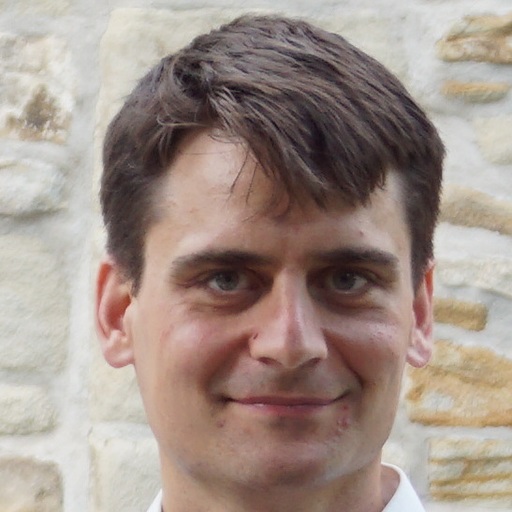

(Treasurer) is a staff in IT.SERVICES and Research Data Service at the Ruhr-Universität Bochum. His work focuses on repositories and data management plans, which he actively promotes within the UA Ruhr and NRW.
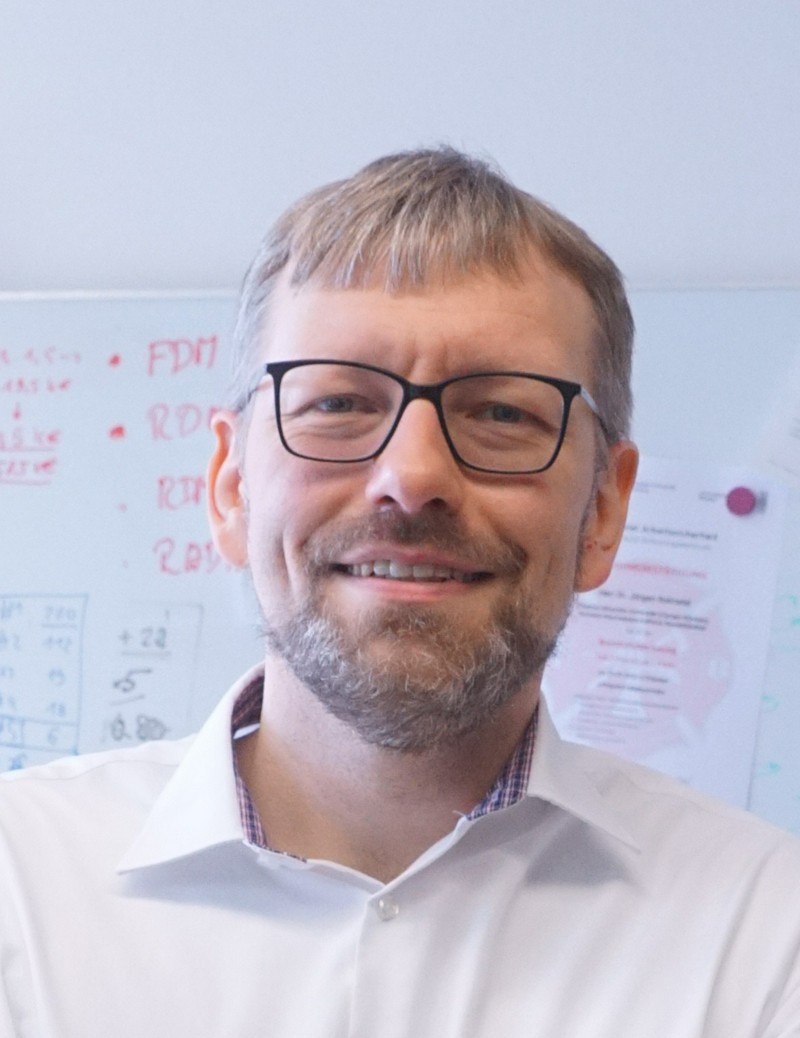

(Secretary) is research data management officer at the University Library Erlangen-Nürnberg and a member of the FAU Competence Unit for Research Data and Information (CDI). He is in charge of the RDMO instance of Friedrich-Alexander-Universität Erlangen-Nürnberg.
RDMO Community
Development Group
The technical coordination and further development of RDMO is organised by a development group (EG). In addition to a core of long-term committed developers, who continuously drive the development forward, a low-threshold participation of a larger number of developers is desired and possible. These can, for example, contribute to development on a project-specific basis.
The development group can be contacted here: Matrix
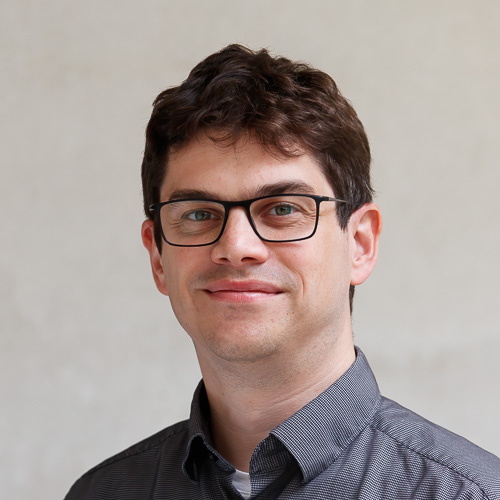

(Spokesperson) is a freelancing software developer and consultant with a focus on research data management. He supports the project since his time as a postdoc at Leibniz-Institut für Astrophysik Potsdam (AIP).
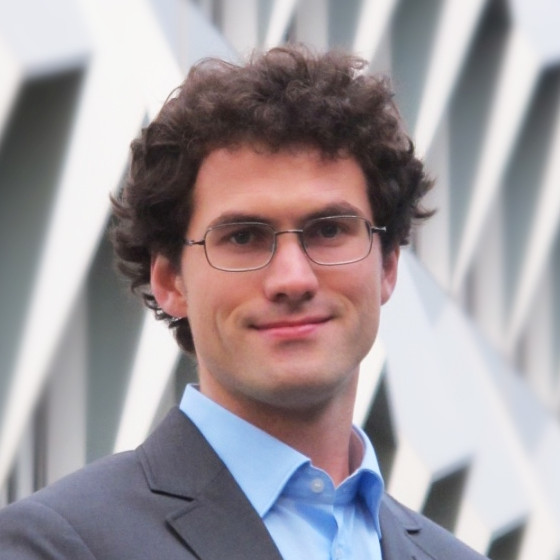

is software developer in the Research Data Services team at the University and State Library Darmstadt. He is responsible for the operation of the multi-tenant RDMO instance, contributes in the development of new features and fixes the occasional bugs.
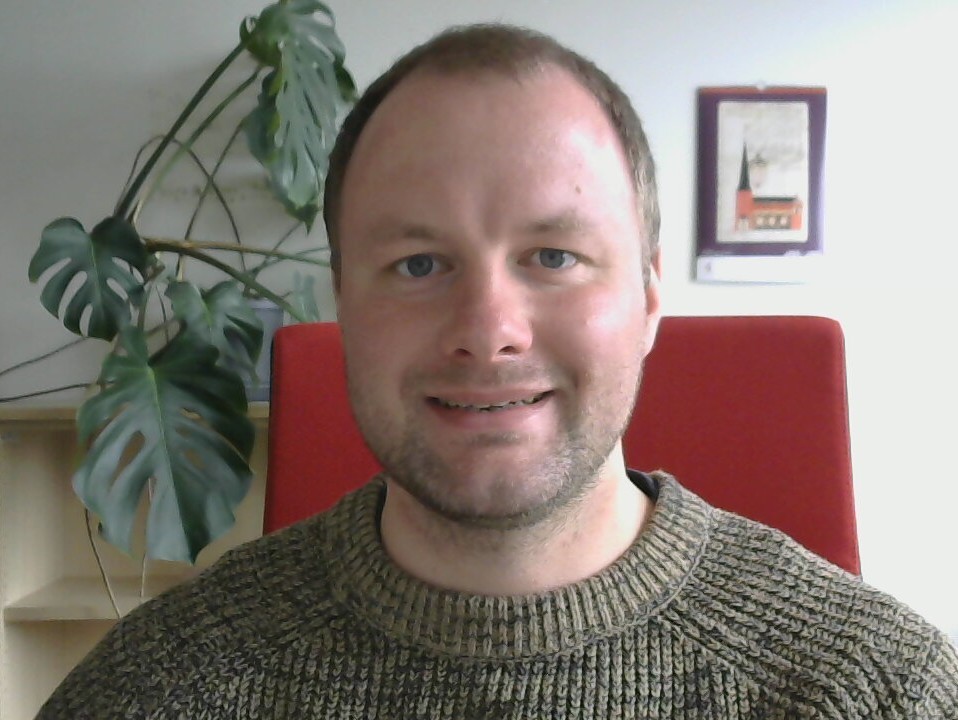

is a software developer in the research data team at the Rostock University Library. In addition to the implementation of research data services, he deals with standardized descriptions of research processes, research data management and virtual research environments.
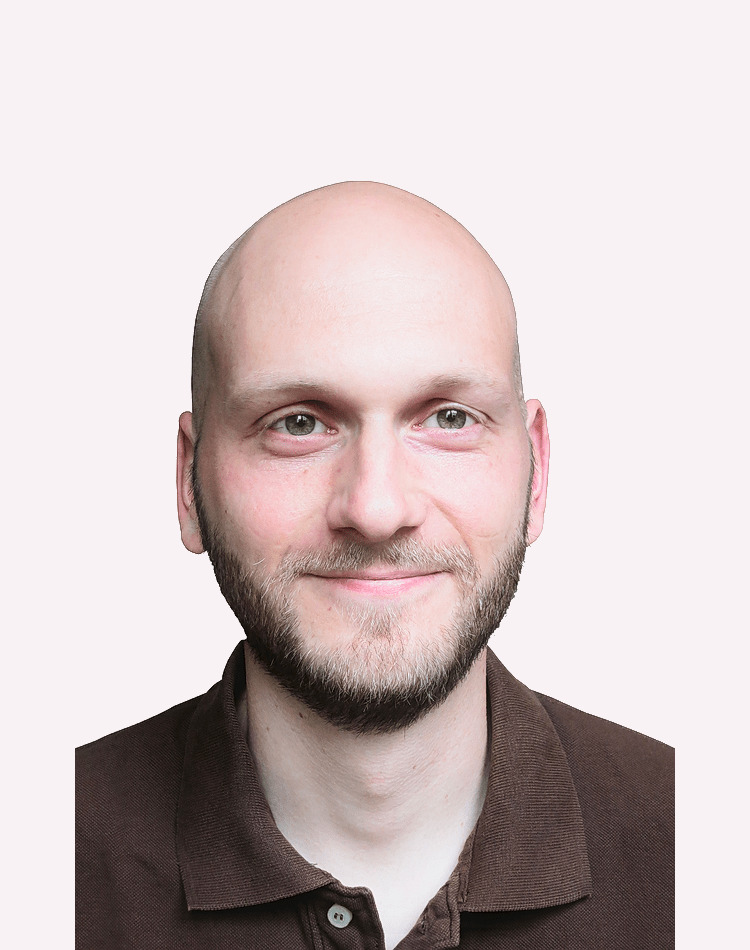

is a research associate at the Leibniz-Institut für Astrophysik Potsdam (AIP). He is a member of the E-Science group and works primarily as a software developer.


is the coordinator of research data management and subject specialist at the Potsdam University Library. From 2017 to 2021 she worked on various research data management projects at the Fachhochschule Potsdam (FHP), e.g. in the second RDMO project.


participates in RDM information services at University Library of Ludwig-Maximilians-Universität in Munich. He is responsible for technical and content-related support of the RDMO instance of LMU as well as the associated consulting and realisation of workshops.
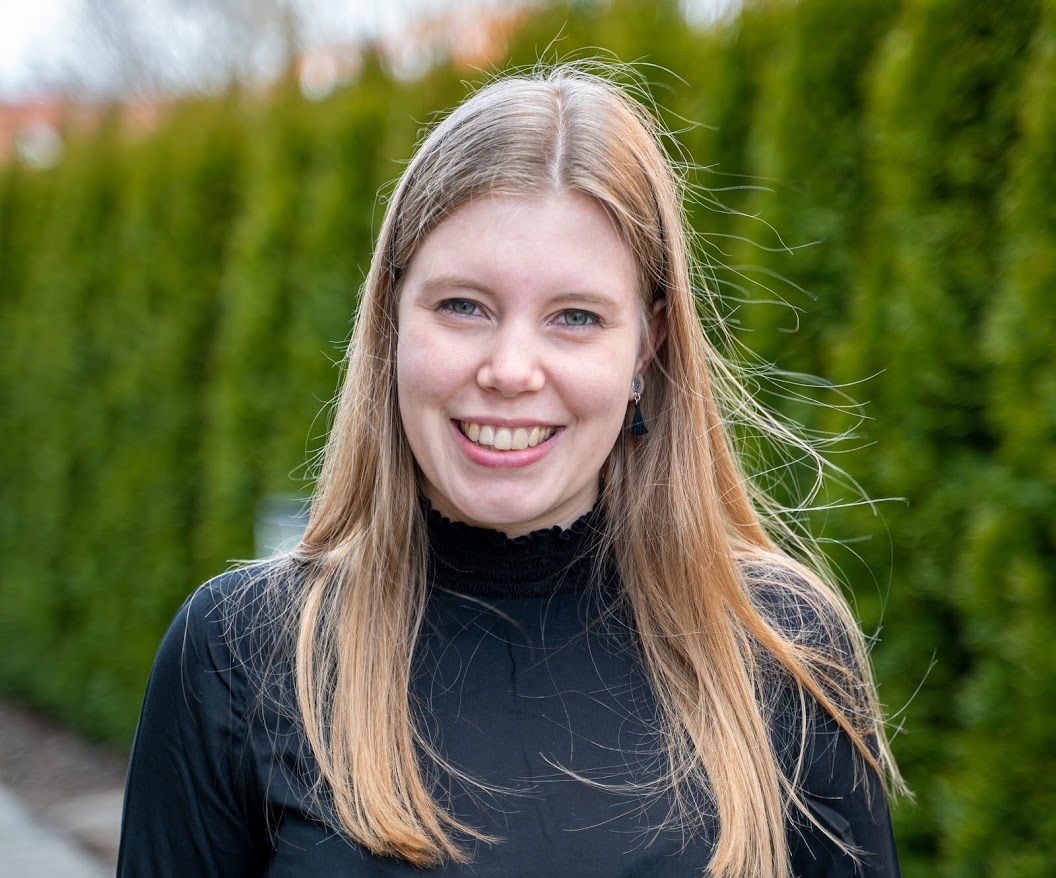

participates in RDM information services at University Library of Ludwig-Maximilians-Universität in Munich. She is responsible for technical and content-related support of the RDMO instance of LMU as well as the associated consulting and realisation of workshops.
Content group
The content group (CG) consists of volunteers who drive the content coordination and further development of RDMO. A low-threshold participation of a larger number of volunteers is desired and possible. They can, for example, contribute to the development of the project. The focus of their work is the maintenance and controlled merging of existing and newly generated content such as attributes or questions for catalog templates. A moderation and support of the individual processes as well as domain adaptations will take place. The CG collects user feedback and checks the general usability against the background of user feedback.
The content group is can be contacted here: E-Mail, Matrix
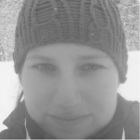

(Spokesperson) is a research associate at Karlsruhe Institute of Technology (KIT). There she works at the research services in DMP consulting and teaching services and in the RDMO project. She is part of the editorial team of forschungsdaten.info.
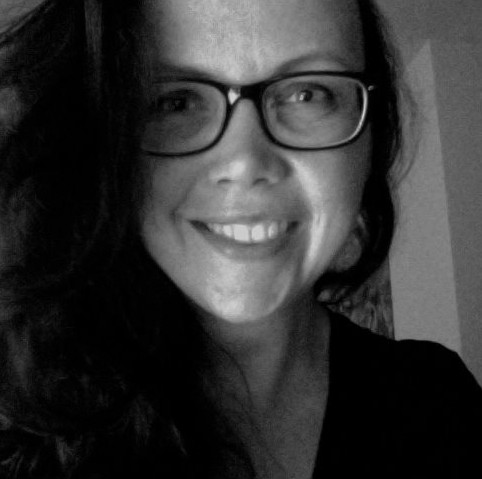

works in the data management department of the German Climate Computing Center (DKRZ) in Hamburg. There she works in the areas of portal development, training for students, as well as process optimization and workflows in simulation-based climate research. In the RDA, she leads the working group Discipline-specific Guidance for DMPs with others and is actively involved in other WGs and IGs. She is also a co-chair of the FDO forum (FAIR Digital Objects) and a member of various committees.
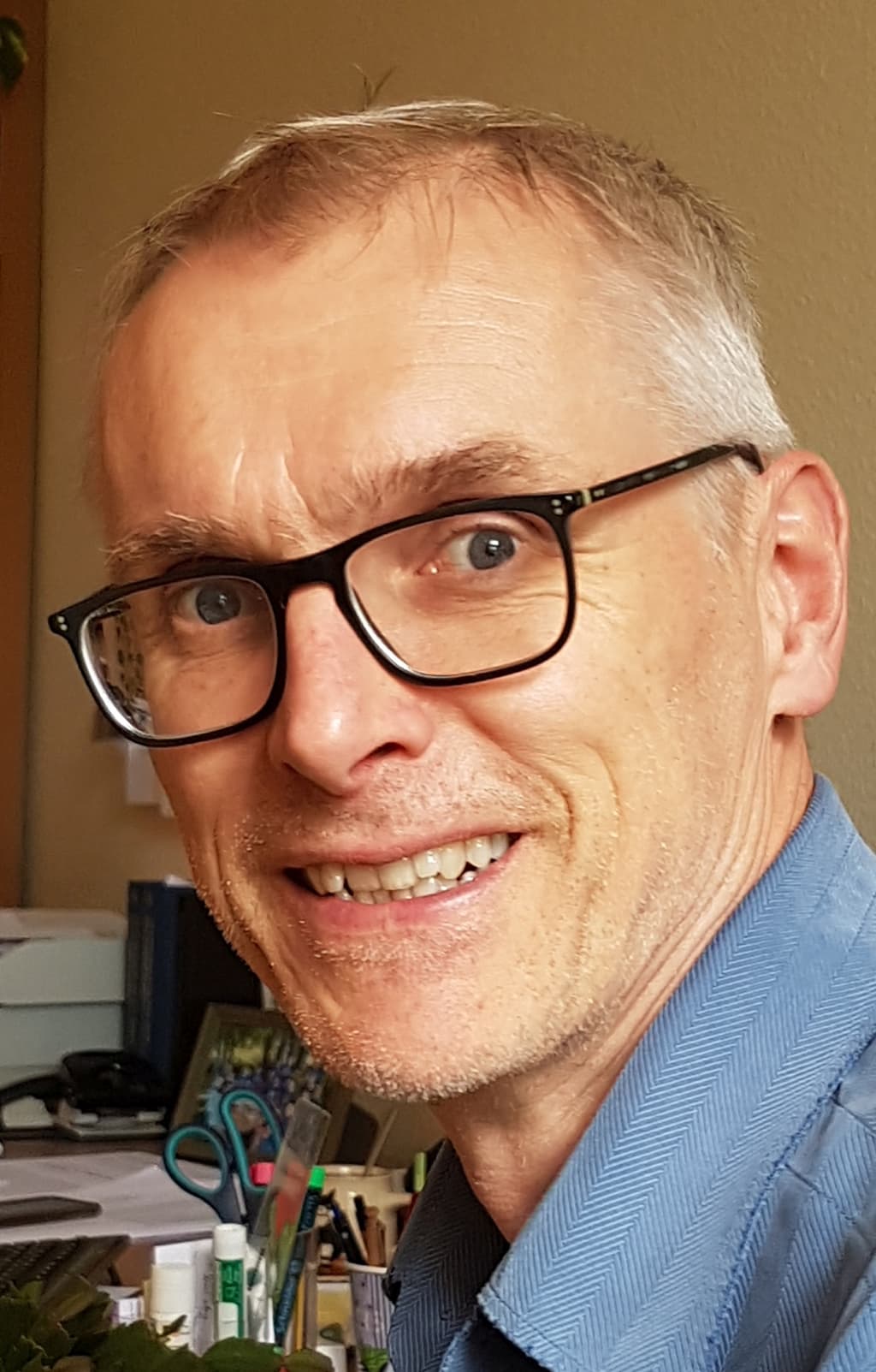

is senior researcher at Leibniz Institute of Agricultural Development in Transition Economies (IAMO) in Halle (Saale). He is speaker of the institute’s research data management working group. As part of this task he facilitates and supports the use of RDMO at IAMO.
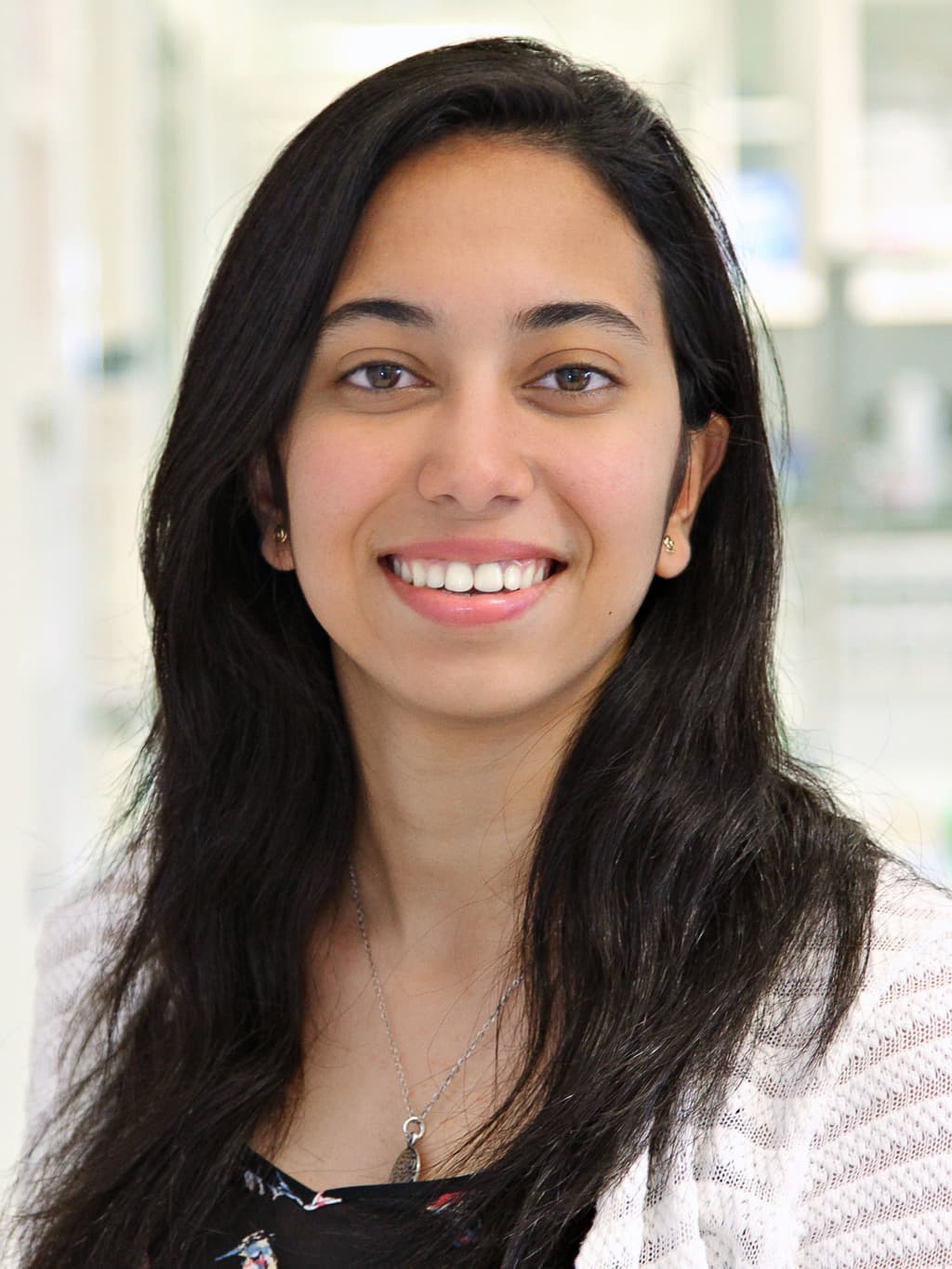

is a Data Manager at the Institute of Molecular Biology (IMB) in Mainz. She is responsible for training scientific staff on research data management, supporting DMPs in grants and projects, and developing RDM policies and guidelines.
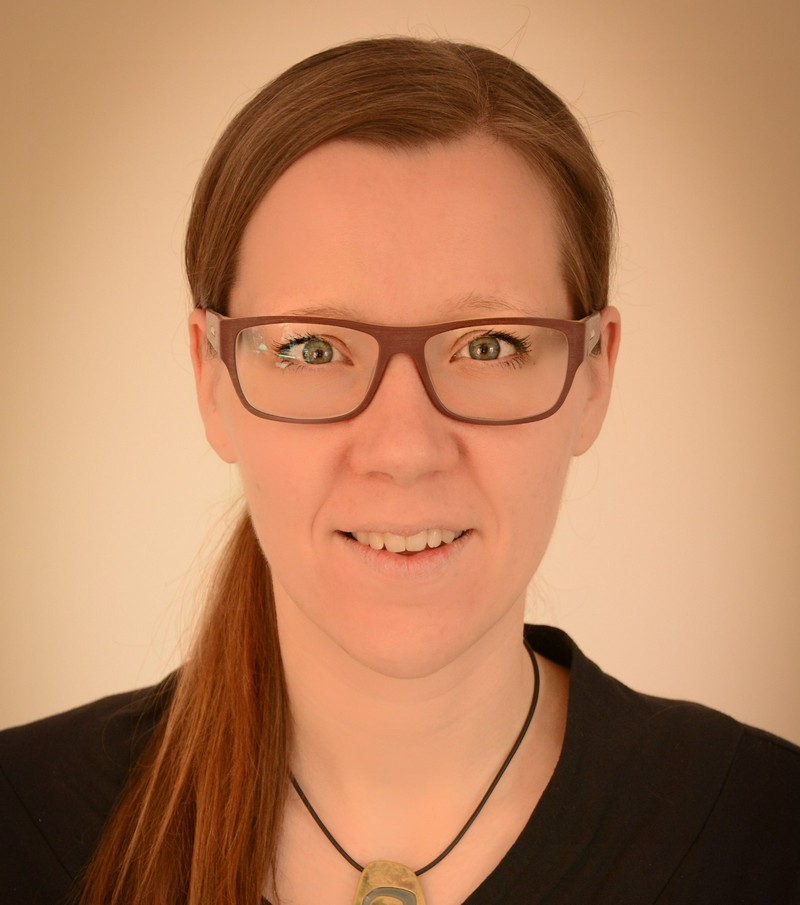


leads the Digital Publishing and Information Literacy division of the University Library of the Technical University of Dortmund. In research data management, she is responsible for data management plans at the Technical University of Dortmund and also represents the TU Dortmund in the UA Ruhr.
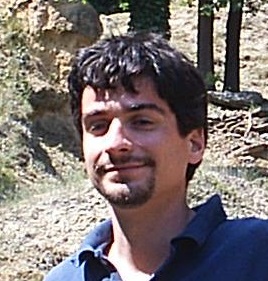

is coordinator for the research data management at the Library of the Physikalisch-Technische Bundesanstalt (PTB) in Brunswick. His main action fields are the interaction of metrology and research data management; the development of standards, metadata and terminologies; the generation of data management plans for European project and their implementation in RDMO.
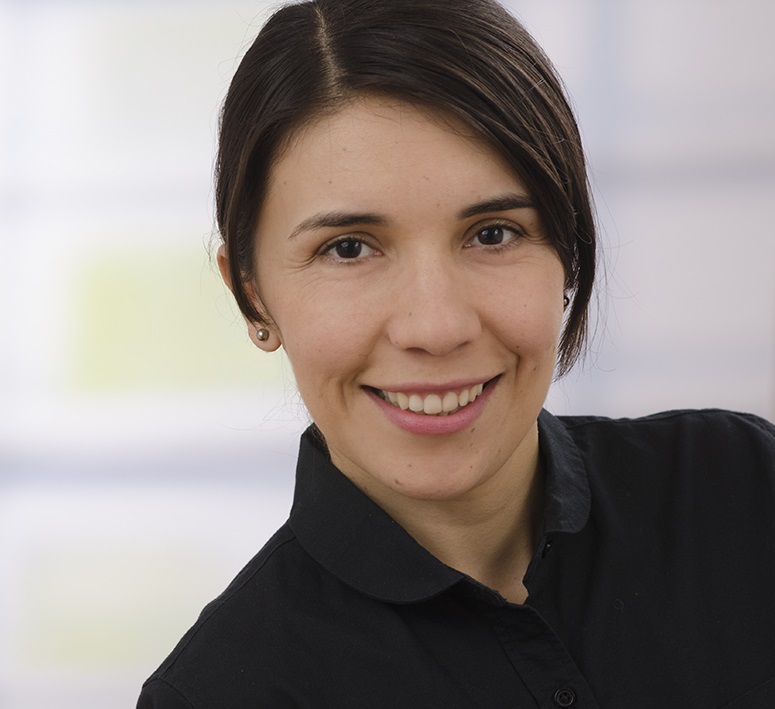
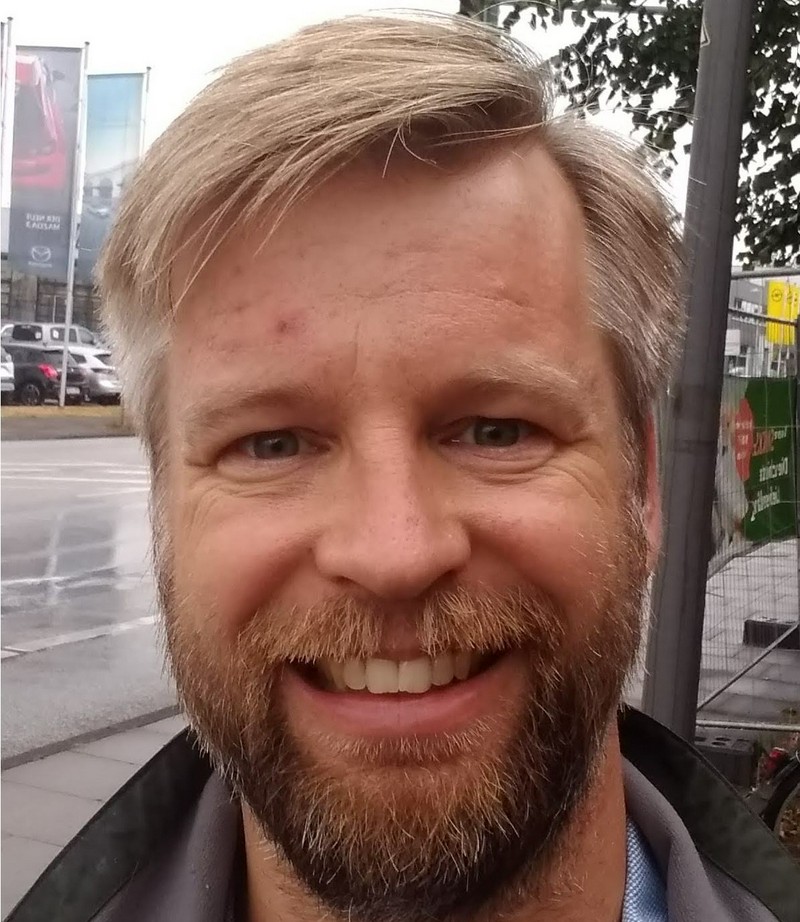

works as a research assistant in the data management department of the German Climate Computing Center (DKRZ) in Hamburg. Among other things, he is involved there with advising scientists on all questions of research data management (RDM), with the planning and implementation of projects for the development and implementation of new RDM concepts especially for simulation-based earth system and climate research as well as with the RDMO based development and updating of data management plans for large consortium projects.
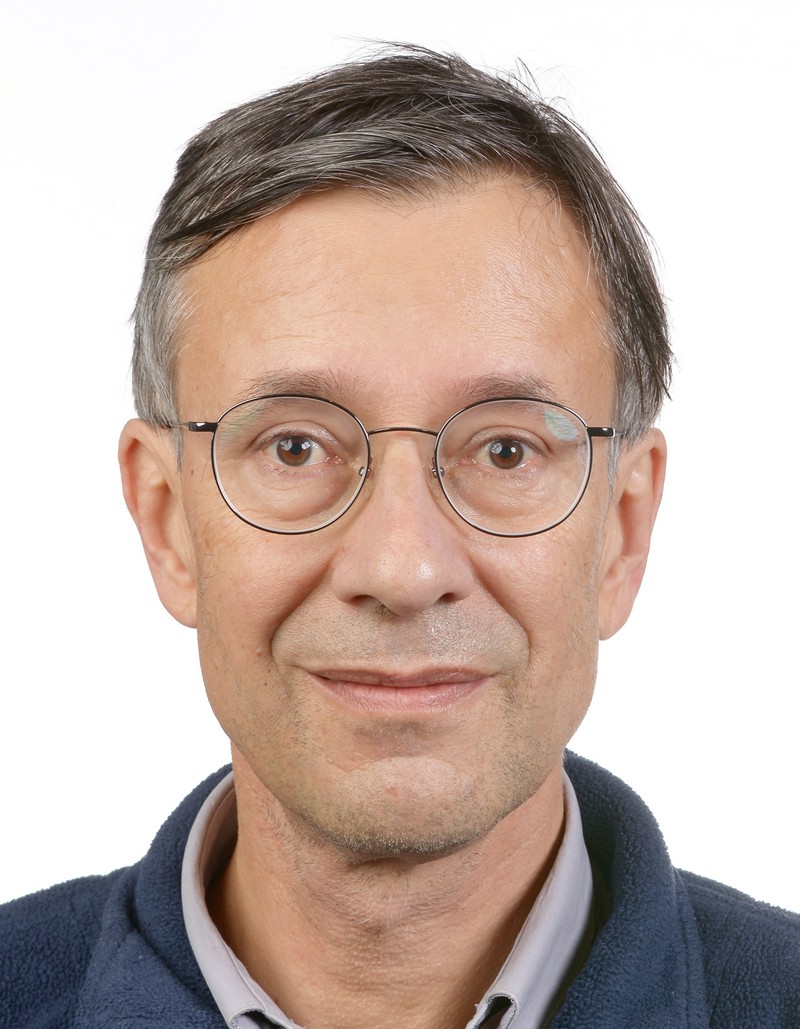

is Research Data Officer and Technical Data Consultant at Fulda University of Applied Sciences.


is research data management officer at the University Library Erlangen-Nürnberg and a member of the FAU Competence Unit for Research Data and Information (CDI). He is in charge of the RDMO instance of Friedrich-Alexander-Universität Erlangen-Nürnberg.
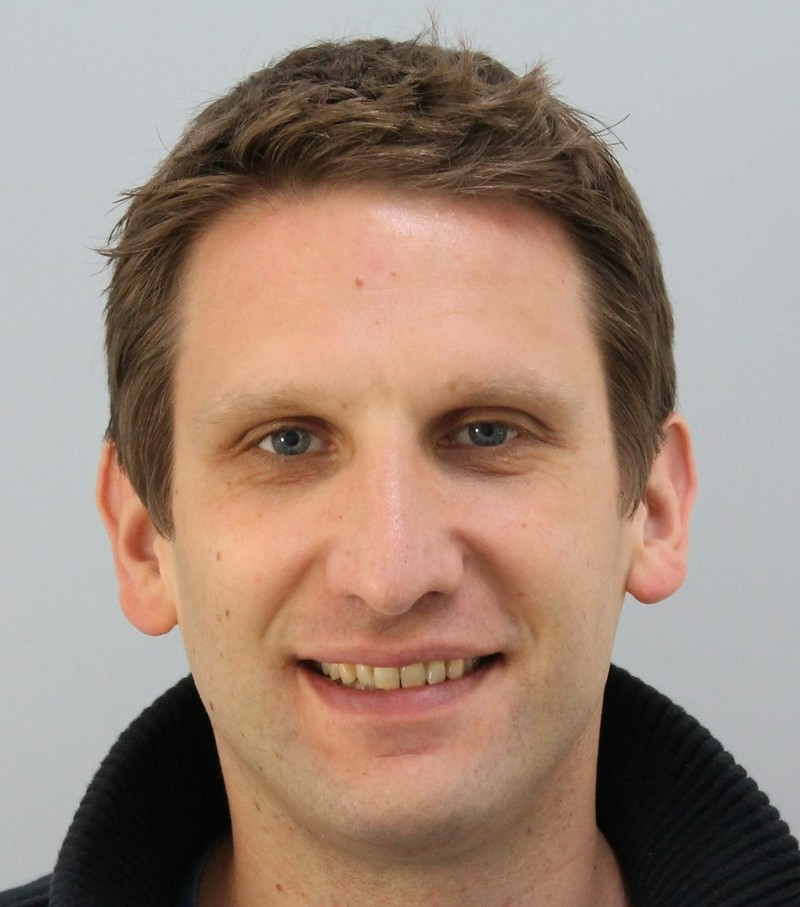

is a member of the Bioinformatics Core Facility at the Institute of Molecular Biology (IMB) in Mainz and supports the scientific groups in data analysis of Next Generation Sequencing experiments.
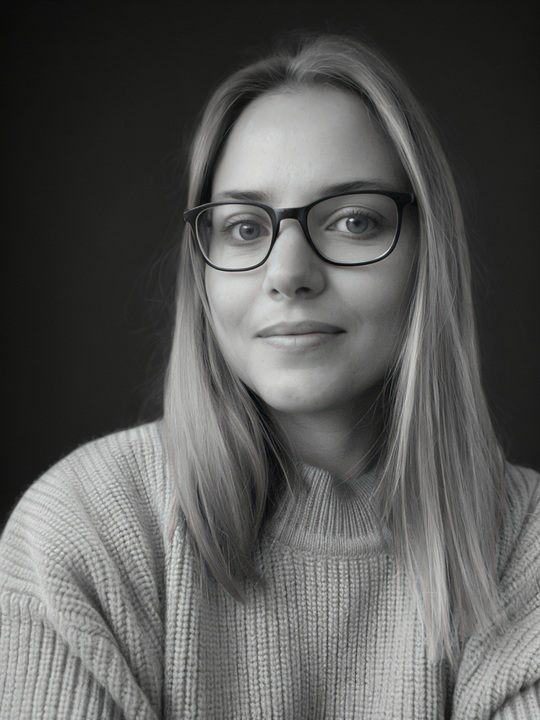

works at the Data centre (ZDV) of the Johannes-Gutenberg-University (JGU) in Mainz and is member of the Research Data Management Network Rhineland-Palatinate. She is in charge of the RDMO instance at JGU and is the contact person for questions regarding data management plans and data archiving. Within the RDMO community she revises and updates the website and catalogues and improves the translations into English.


is research data officer at the University and State Library Darmstadt. He is responsible for the federated RDMO service in Hesse and is coordinator of the NFDI working group infra-dmp.
Ad Hoc Groups
For special tasks and questions, further working groups can be formed from among the members at any time. They are coordinated by the Board. The general meeting decides on the continuation of the ad-hoc groups.
Former community members
Formerly engaged people
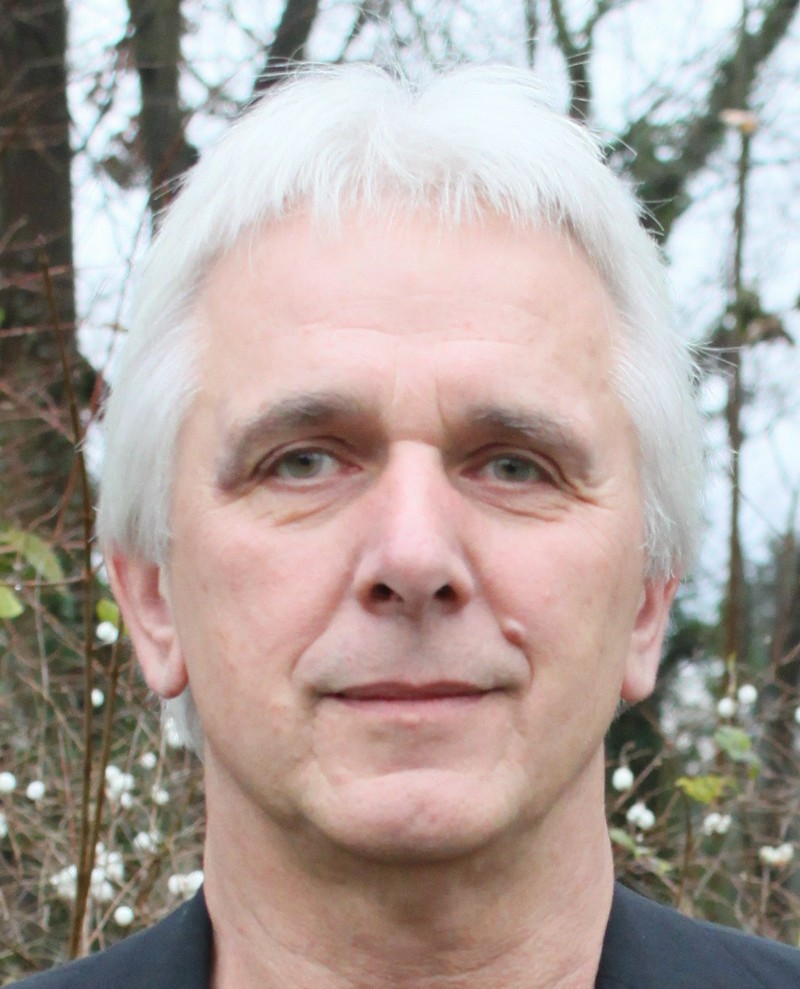

(Speaker) leads the E-Science group at Leibniz-Institut für Astrophysik Potsdam (AIP). He works for building digital infrastructures for research data in astrophysics. Also, he is spokesperson for the Arbeitskreis Forschungsdaten (WG Research Data) of the Leibniz Gemeinschaft.
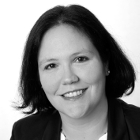

works on Research Data Manageme at RWTH Aachen University. Her work focuses on data management plans, trainings and (inter-)national collaborations. She is actively participating in the workgroup on data management plans of the Research Data Alliance. Also she is Chair of IG ‘Research data management in engineering’.
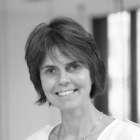

is Deputy Head leading the section Research Data Management at ZB MED - Information Centre for Life Sciences. She is responsible for information infrastructures for reserach data, and services for research data management.
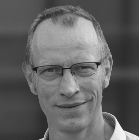

is Deputy Director of the University Library of the TU Braunschweig and Head of the IT and Research Support Services department. He is also responsible for research data management. In the area of open source, since 2012 he has been involved in projects such as ‘Kitodo. Key to digital objects e.V.’, of which he is chairman of the board.
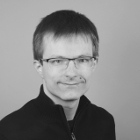

is a member of the research data management team of the Library of TU Darmstadt and part of the HeFDI project Hessian Research Data Infrastructures. His work areas are RDMO, electronic laboratory notebooks and the development of new library concepts for the provision of digital scientific literature.
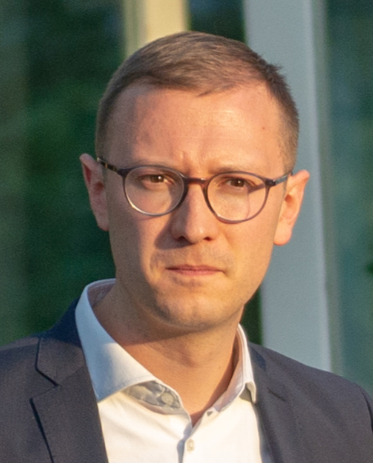

is research data management officer at the Max Planck Digital Library. He has made various contributions to the RDMO community. At the same time, he is in charge of the RDMO instance of the MPDL.
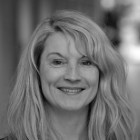

is a subject librarian at the Library of the Karlsruhe Institute of Technology (KIT). As the leader of the serviceteam rdm@kit, she coordinates its research data management projects.
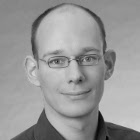

is one of the spokespersons of the joint working group “Forschungsdaten” (Research Data) of the Deutsche Initiative für Netzwerkinformation e.V. (DINI) and nestor - Deutsches Kompetenznetzwerk zur digitalen Langzeitarchivierung.
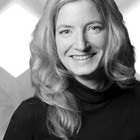

is a professor for Library Sciences at Potsdam University of Applied Sciences (FHP). Her work comprises of many activities in the areas of electronic archiving, research data management, long-term preservation and digital humanities.


is a research assistant and software developer at the library of the Karlsruhe Institute of Technology (KIT). He coordinates, manages and develops for re3data, the Serviceteam RDM@KIT and other RDM projects. He is responsible for hosting the RDMO instance at forschungsdaten.info.
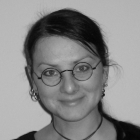

has been a research associate at Fachhochschule Potsdam (FHP) and Niedersächsischen Staats- und Universitätsbibliothek Göttingen (SUB). Her focus of interest lies on research data management and -infrastructures, long-term preservation as well as training and education in these areas.
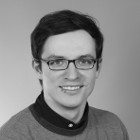

is Master of Information Science (Potsdam University of Applied Sciences). His master thesis is “Data modeling for Research Data Management Plans”.



is a research associate at Fachhochschule Potsdam (FHP). Her focus of interest lies on research data management and infrastructures, Open Science, and Digital Humanites, as well as training and education in these areas.
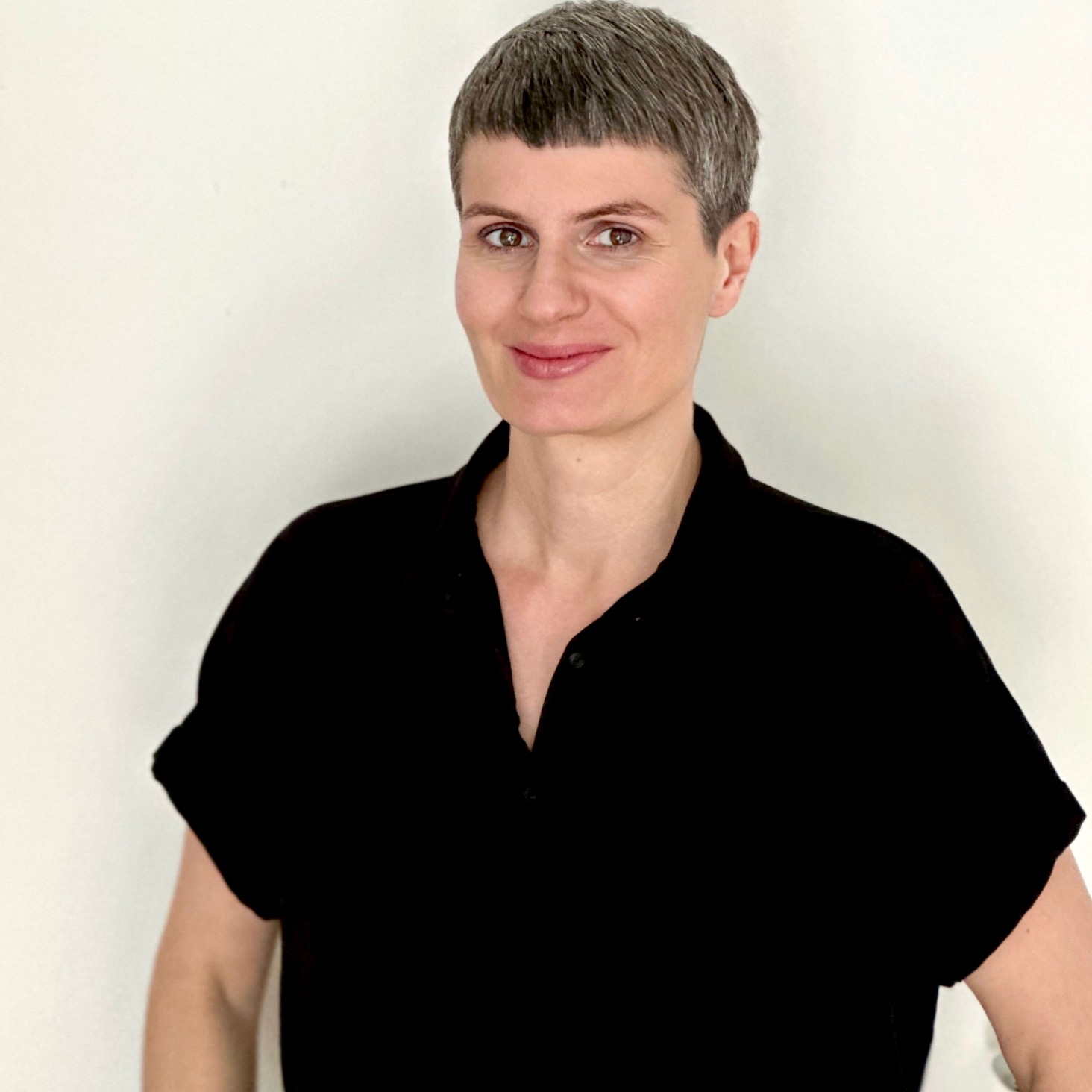
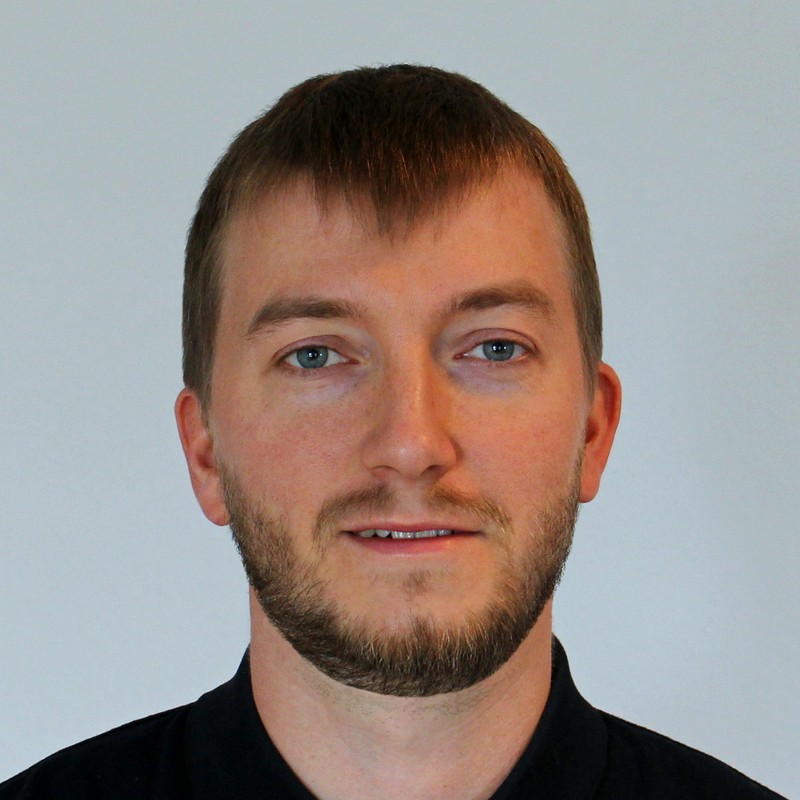

is involved in research data management at the Leibniz Institute of Plant Genetics and Crop Plant Research (IPK) Gatersleben, where he is responsible, among other things, for the development and maintenance of the data publication infrastructure. He deals, for example, with topics such as persistent IDs and metadata standards in life sciences.